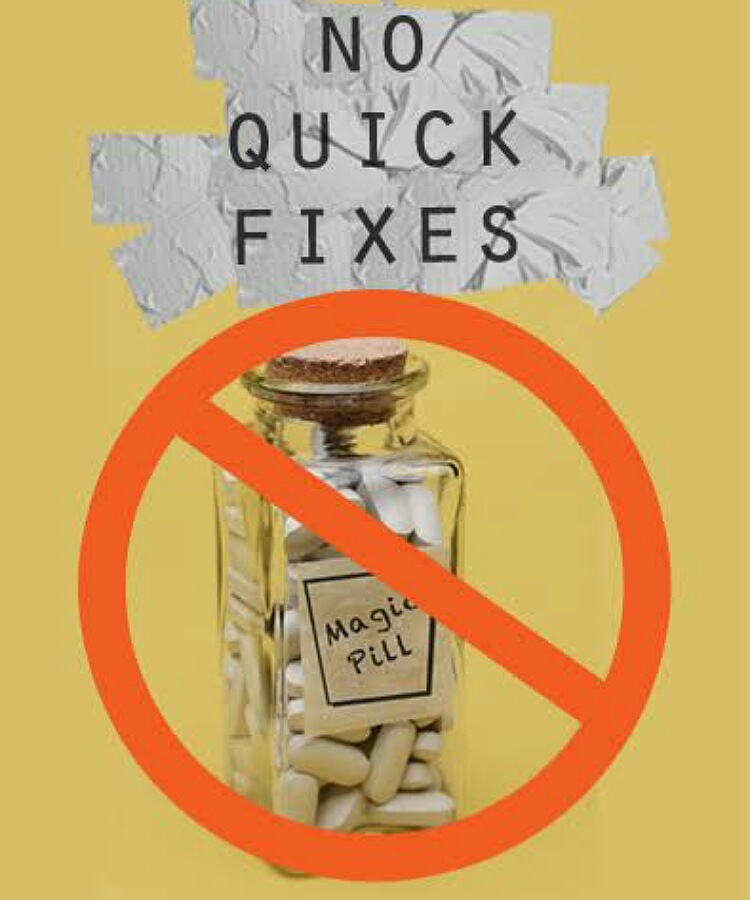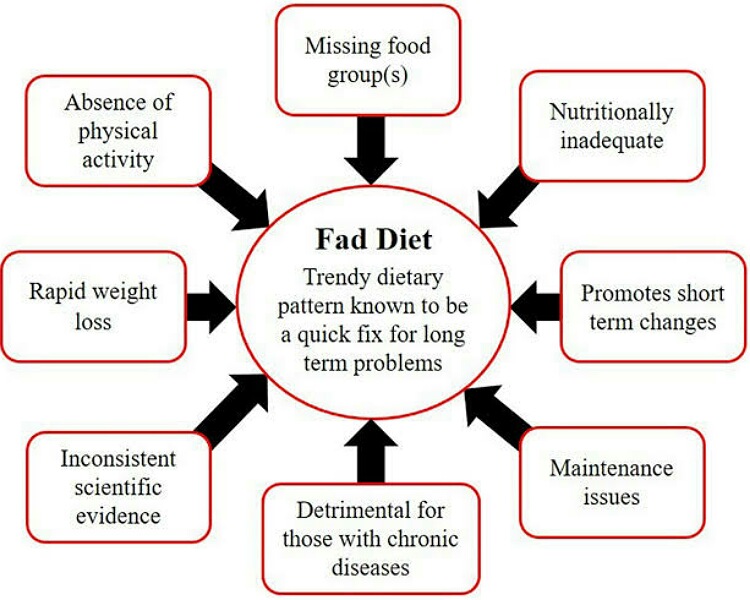With new year round the corner, people are clambering for quick fix weight loss ideas. These could be detrimental for health and lead to eating disorders, warns British Dietetic Association (BDA).
New year and quick fix weight loss desires
With New Year just a few days ahead, people want to look their best. Many Britons especially the young want to grow slimmer quickly before the New Year Eve parties. Hence, they look up on the internet for some quick fix weight loss tips. And internet is full of such fad and crash diets. But these are not healthy in the long run.

The main reason for desires for such fast weight loss is the low self esteem and poor self image that most people carry with them. There are trends on social media such as New Year, New You. These are harmful. Nichola Ludlam-Raine, a registered dietitian who is a member of BDA warns against such terms. She says:
“These are really damaging to people’s self esteem because it makes people believe that they are not good enough as they are.”
“The truth is quite the opposite – and we must work on people’s self esteems in order to make positive changes to dietary intake, focusing on what we should be eating and doing more of, like increasing fluid and fiber, rather than focusing on restriction.”
BDA issues warnings
The BDA is an association of more than 10500 dietitians as members. It focuses on health and longevity. It educates people on healthy eating and also supervises various channels to eliminate misinformation on diets.
Now, ahead of New Year 2023, the association has asked people to avoid various fad diets in order to shed the extra fats quickly. It has urged the members of the public to be extremely critical of any diets that promise faster weight loss.

Because these diets do more harm than good. In 2022, the fad diets trending on social media included water diet and boiled eggs diet.
Marcela Fiuz is the spokesperson for BDA. Marcela said that New Year’s resolutions include weight loss diets such as yoyo dieting and weight cycling. These are highly dangerous. Moreover, such diets cause nutritional deficiencies and can cause eating disorders in susceptible people. Beat, the eating disorder charity in the UK reveals that around 1.25 million people in the UK suffer from eating disorders. These people have anorexia and bulimia along with mental issues. This also harms the physical health and is difficult to treat.
Advertisements on diets
BDA is also working with the Advertising Standards Authority or ASA to weed out adverts that carry misleading information on foods and diets. They prey on innocent minds such as kids to increase their sales. Miles Lockwood, the director of Complaints and investigations at the ASA says:
“Our rules make it clear that advertisers need to not be misleading or irresponsible when advertising diet products or systems.”

Miles adds:
“Any claims should be backed up by robust evidence, not just ‘before’ and ‘after’ photos, and ads shouldn’t make claims that people can lose an irresponsible amount of weight or fat “
There should be no offensive material in the adverts. Moreover, the advertisers cannot target children who are less than 18 years of age. Most fad diets that claim fast weight shedding lead to long term problems. There could occur muscle wasting, nutrient deficiencies, and metabolic adaptation. And there could be more weight gain in the future along with eating disorders.
Also, read Fad diets: Tips to differentiate good vs bad diets
Kaitlin Colucci, a dietitian and member of BDA adds:
“Fad diets promise quick fixes, they require little time, little thought, and some investment, which promise big results.”
“”They can be problematic as they do not lead to sustainable long term changes and can develop into unhealthy and disordered relationships with food.”
